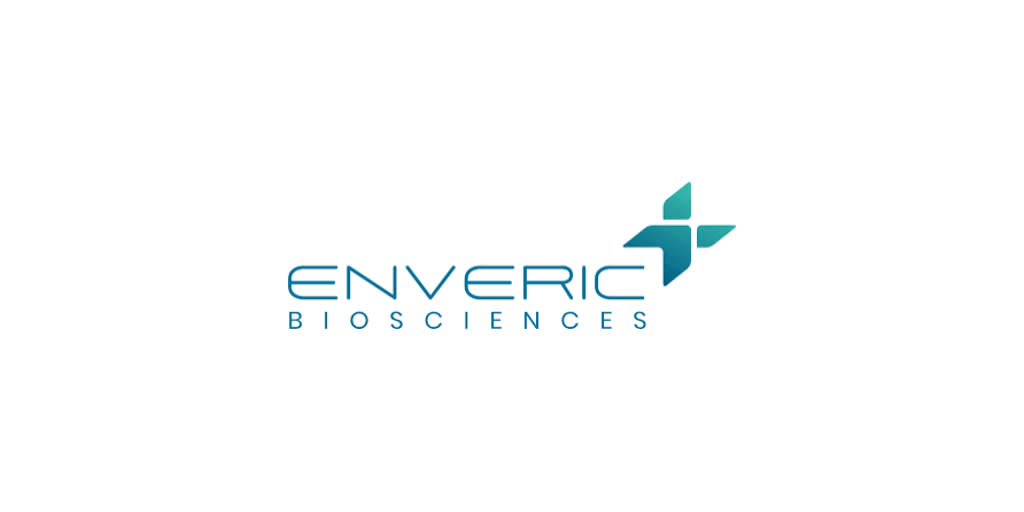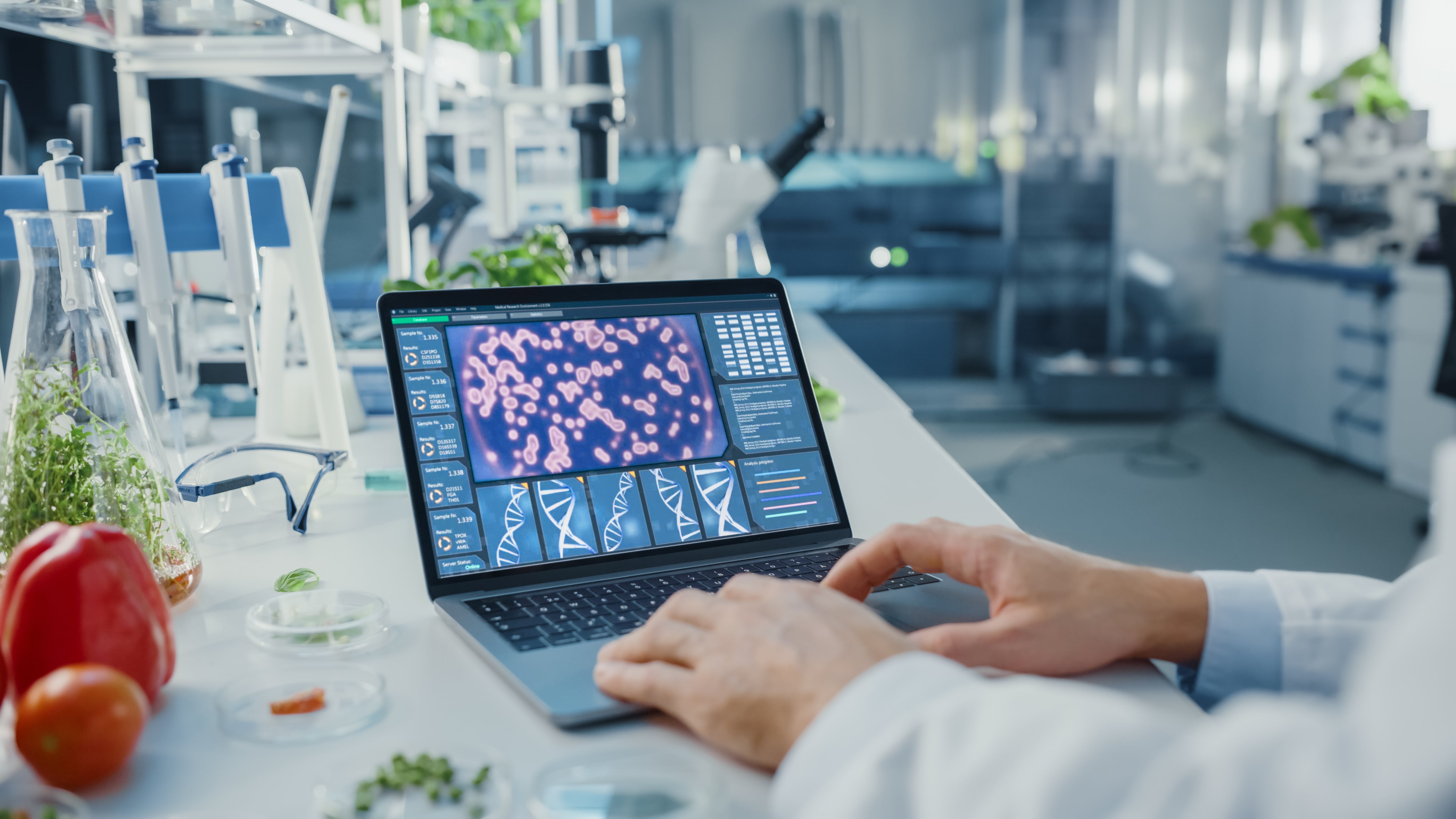
Colossal Advances Dodo De-Extinction with Significant, World’s First Breakthrough in Pigeon PGCs and Secures an Additional $120M in Funding for Species Expansion
Colossal Advances Dodo De-Extinction with Significant, World’s First Breakthrough in Pigeon PGCs and Secures an Additional $120M in Funding for Species Expansion
Colossal Biosciences, the world’s pioneering de-extinction company, has announced several key milestones in avian cellular science, significantly advancing efforts to revive the dodo. The Colossal Avian Genetics Group has successfully cultivated pigeon primordial germ cells (PGCs) for the first time in history, marking a crucial step toward dodo de-extinction. Additionally, Colossal has secured $120M in new funding, with contributions from USIT, Bob Nelsen, and Peter Jackson, adding to its previous $200M Series C funding round, bringing the total to $320M. Since its inception in September 2021, Colossal has raised over $555M, achieving a valuation of $10.32 billion.
Following the recent announcement regarding the Moa de-extinction, this funding will facilitate the expansion of Colossal’s Avian Genetics Group. This team has also established a flock of gene-edited chickens that could serve as potential surrogates for dodos and other endangered bird species, while generating new genomic resources to help identify editing priorities for the dodo project. These innovations greatly accelerate progress toward dodo de-extinction and enhance biodiversity conservation tools for avian species. Colossal's advancements extend avian PGC culture technology beyond chickens and geese, heralding a new era in avian reproductive science.
Furthermore, the company has formed the Mauritius Dodo Advisory Committee, comprised of experts with deep ties to the culture of Mauritius, to provide ongoing guidance on local conservation initiatives and assist in developing a dodo rewilding program. “Our avian team’s breakthrough in deriving culture conditions that allow pigeon primordial germ cells to survive long-term is a significant advancement for dodo de-extinction,” stated Colossal CEO and co-founder Ben Lamm. “This progress highlights how Colossal’s investment in de-extinction technology is driving discovery and developing tools for both our de-extinction and conservation efforts.”
Achieving the de-extinction of any species involves transforming an edited cell into a living organism. For mammals, this typically requires somatic cell nuclear transfer, or cloning. However, due to the size and opacity of avian eggs, cloning birds necessitates different technology to pass genetic modifications to subsequent generations. This involves culturing and editing PGCs, which can develop into sperm and eggs for the next generation of birds. Until Colossal's recent achievement, PGC culture was only feasible for chickens and geese, but the company has now made significant strides in pigeon PGC culture, a critical step towards creating the first dodos in nearly three hundred years.
“The first cell culture recipe was for chicken PGCs, and was published nearly 20 years ago,” remarked Anna Keyte, Avian Species Director. “Unfortunately, that recipe has not worked on any other bird species tested, even closely related species like quail. Colossal’s discovery of a recipe for pigeons dramatically expands avian reproductive technologies and is the foundation for our dodo work.” The avian team tested over 300 combinations of growth factors and small molecules to develop the pigeon PGC culture protocol, which has now been sustained for more than two months with a doubling rate of 35 hours. The cultured cells have successfully migrated to the gonads when injected into surrogate embryos, confirming their identity as PGCs.
“This breakthrough in culturing pigeon primordial germ cells represents a transformative tool for avian conservation,” expressed Beth Shapiro, Colossal's Chief Science Officer. “By developing these protocols, we're establishing crucial biobanking capabilities and opening new possibilities for genetic rescue of endangered species.”
Creating edited PGCs is just the initial phase in the two-step process to develop genetically modified birds. The next step involves injecting edited PGCs into developing chick embryos, where they will grow into functional eggs and sperm. The resulting chicks will be chimeric, possessing modified sperm or eggs while the rest of their cells will have unmodified genomes. Once these chicks reach sexual maturity, their edited sperm and eggs can be fused through normal or artificial fertilization to produce genetically modified birds. Colossal has achieved this within six months of establishing its avian colony.
Using the Nicobar pigeon, the dodo's closest living relative, as the donor genome for the dodo project, Colossal has set up a breeding colony in Texas, where the pigeons have begun to lay eggs. From these embryos, the team has developed fibroblast cultures for test editing and collected the first Nicobar PGCs, which will be cultivated using the new pigeon PGC culture media. Colossal has also gene-edited chickens to prevent them from producing their own germ cells, allowing the injection of edited Nicobar pigeon PGCs into these developing chicks so that they can eventually lay dodo eggs.
In addition to these advancements, the avian team has announced new genomic resources to discover dodo-specific traits, including high-quality genome sequences for the tooth-billed pigeon, Rodrigues solitaire, and Nicobar pigeon. “The solitaire was a large flightless bird that was similar in many ways to the dodo but also behaviorally and physically distinct,” explained paleontologist Julian Hume. “Colossal’s genome will allow new insights into the genetic reasons underlying the differences between these birds and highlight what DNA sequences made the dodo distinct.”
The Mauritius Dodo Advisory Committee has been established as part of Colossal's partnership with Mauritius, comprising experts from various fields to guide conservation efforts and address community concerns. Dr. Devina Lobine, the committee's chair, stated, “Driven by a deep passion for scientific discoveries and inspired by the dream of seeing the dodo walk the earth once more, I am pleased to lead the Mauritius Dodo Advisory Committee. This journey is more than reviving a lost species–it is about honouring our island’s unique heritage.”
Colossal's Avian Genetics Group has made significant breakthroughs in cell biology, engineering, genomics, and computational biology, positioning the company at the forefront of de-extinction and avian conservation efforts.



.svg)








-min.png)

.gif)